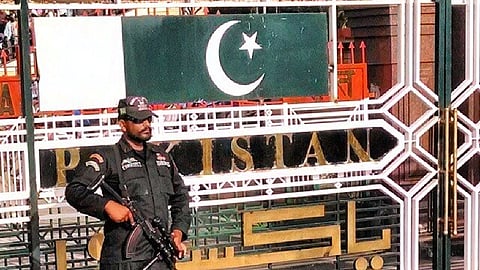

Pakistan’s UN Ambassador Asim Iftikhar Ahmad addressed the Security Council on June 26, 2025, warning of a “brutal surge” in violence against children caught in conflict zones. He cited the UN Secretary-General’s latest report documenting 41,370 verified grave violations in 2024—a 25% increase from 2023. These include killings, maiming, starvation, and severe malnutrition, with children under foreign occupation facing heightened vulnerability. Ahmad specifically highlighted Gaza and Indian-administered Jammu and Kashmir as critical hotspots.
Ambassador Ahmad expressed regret that the UN report omitted documented violations against children in Kashmir despite historical evidence. He stated that generations of Kashmiri children endure “fear, violence, and repression” under occupation, exacerbated since India’s revocation of Kashmir’s autonomy in August 2019. Independent reports support this, noting 318 child deaths between 2003–2017 and widespread torture, arbitrary detention, and military use of schools by Indian forces. The UN has previously urged India to end pellet gun use and investigate abuses, but accountability remains elusive.
The session turned confrontational when India’s envoy, Parvathaneni Harish, dismissed Pakistan’s claims, calling Kashmir “integral” to India and accusing Pakistan of sponsoring terrorism. Pakistan’s delegate Rabia Ijaz countered, citing India’s “abysmal record” in Kashmir verified by UN reports. She also referenced India’s alleged May 6–7, 2025, cross-border attacks, which killed 15 Pakistani children, and linked New Delhi to past terror attacks like the 2014 Army Public School massacre (130 child deaths). Pakistan demanded a UN investigation into the May incidents.
The debate underscored a global crisis: 32,990 violations were verified in 2023 alone, with Gaza, Congo, and Myanmar among the worst-affected regions. Pakistan welcomed its removal from the UN’s “situations of concern” list but stressed that politicization hampers child protection efforts. Ambassador Ahmad urged the Council to ensure accountability “without discrimination” and prioritize children in occupied territories. The exchange reflects entrenched geopolitical rifts obstructing justice for vulnerable youth.